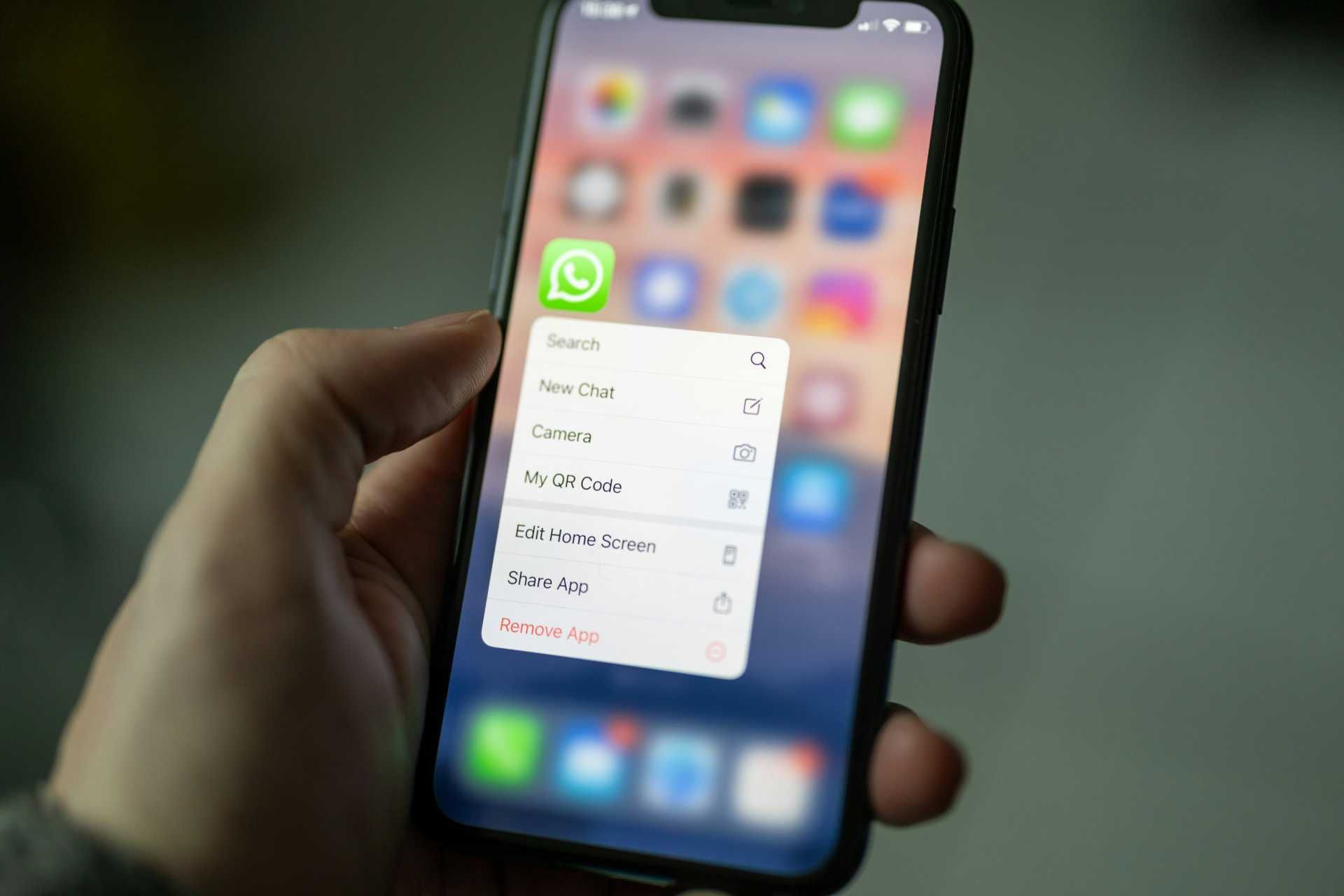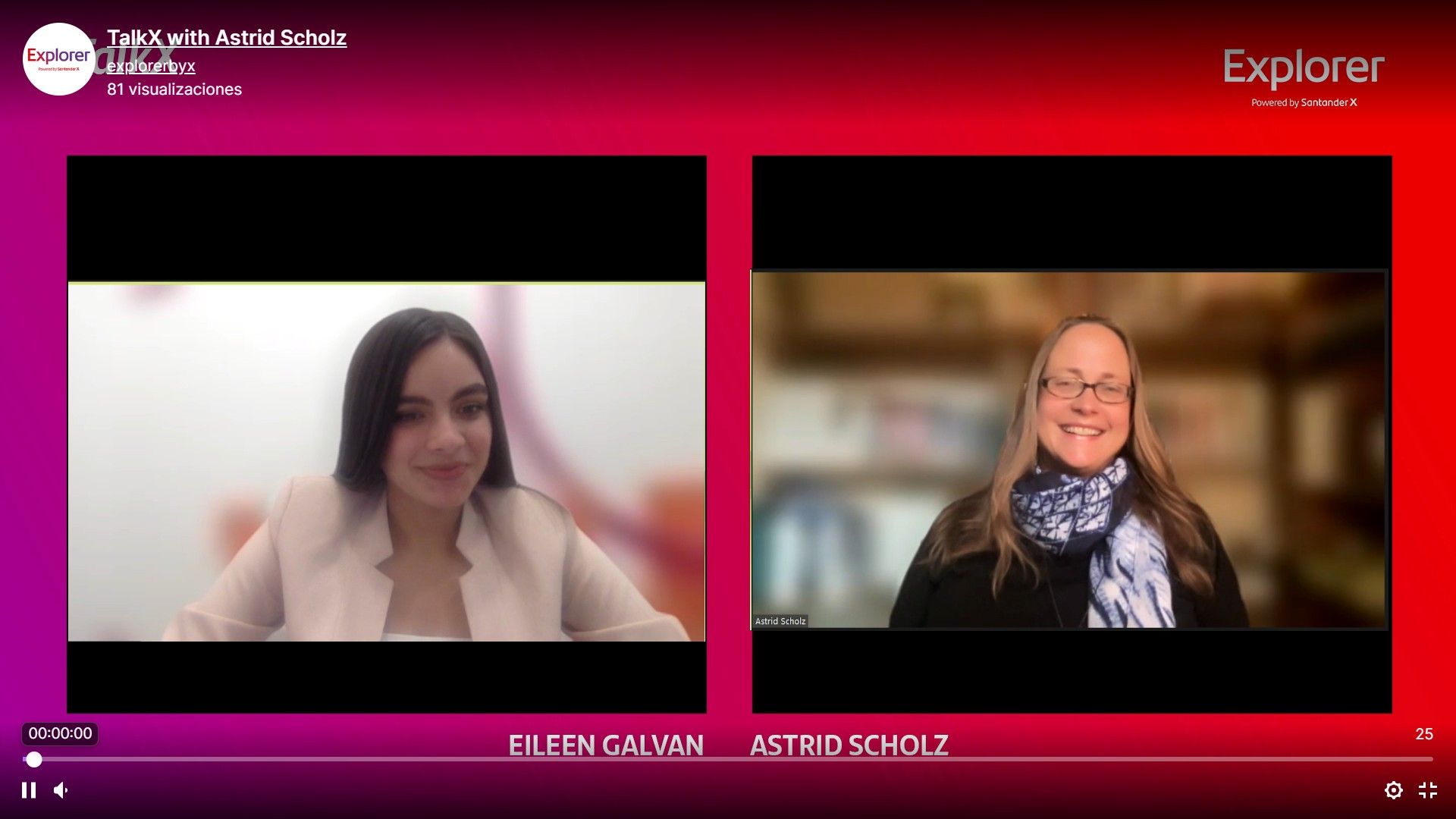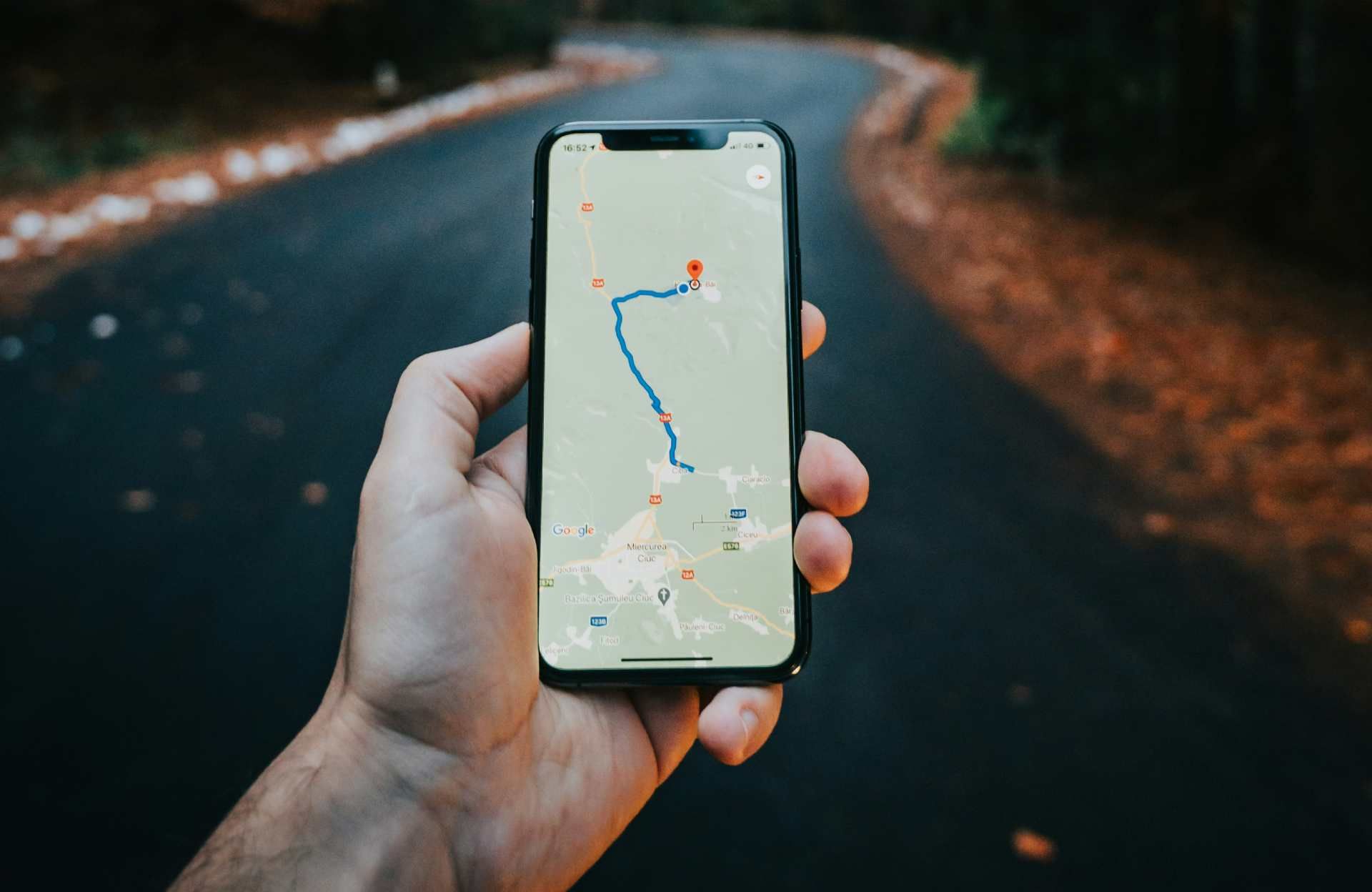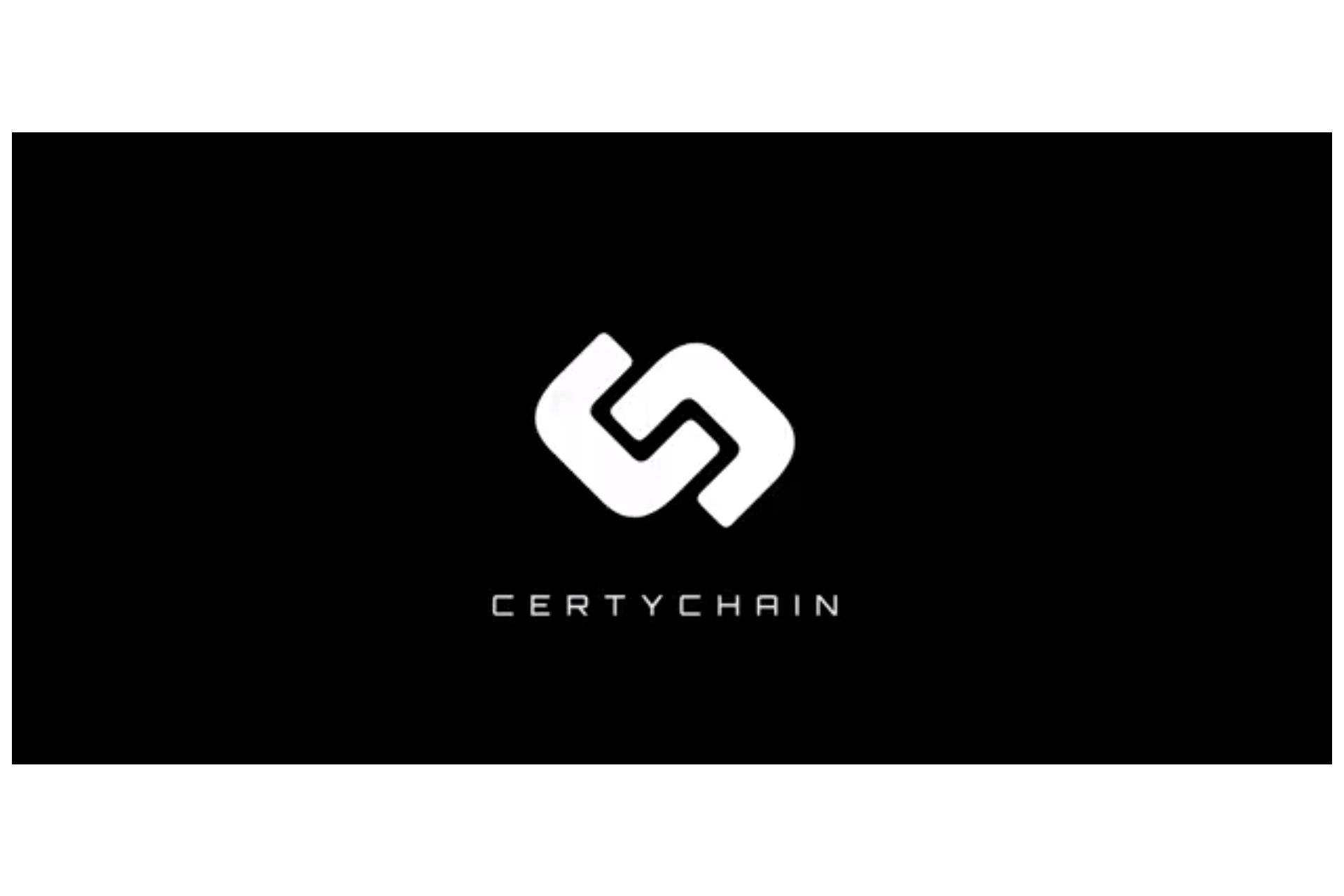4/24/2023
TalkX
5 minutes of reading
"The more you give, the more you get": the ethical entrepreneurship of Nav Sawhney
Authors
- Santander X Explorer
Categories
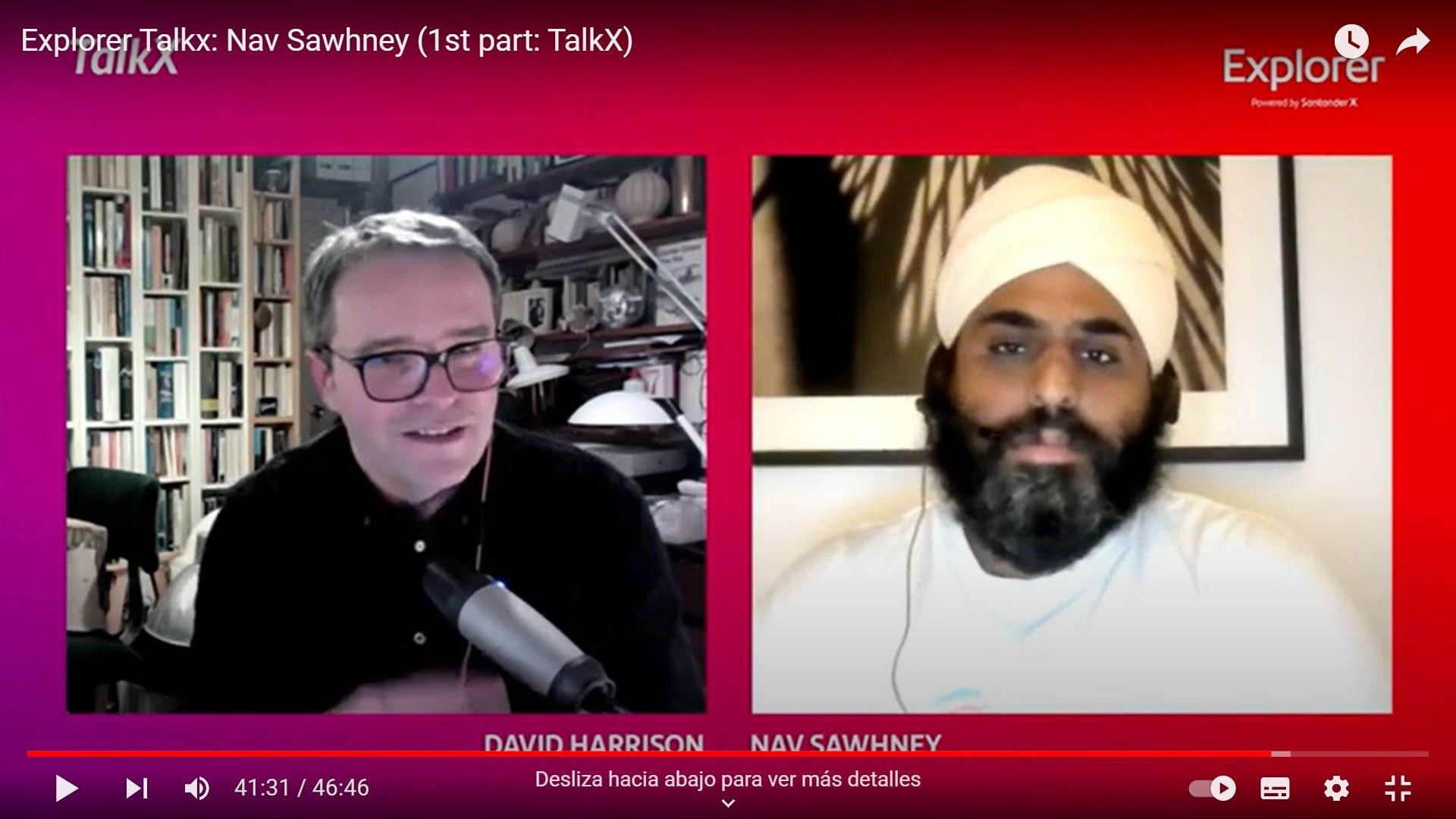
The founder of The Washing Machine Project was our guest in the last Explorer TalkX of this edition: his ethical vision of entrepreneurship is essential to understand how your project can change the lives of thousands of people.
For Nav Sawhney, founder of The Washing Machine Project and member of Santander X 100, it is 3 am (yes, 3 in the morning) when the TalkX starts—as he is joining from Australia. Despite the time, he doesn’t want to miss the opportunity to transmit his passion for a way of looking at entrepreneurship that is far from conventional but which fits perfectly with what we are looking for at Explorer: ideas aligned with the SDG 2030 and which, therefore, improve people’s lives. Sawhney knows a lot about that.
This engineer left his job at Dyson and decided to spend some time volunteering. He saw young children skipping school, missing out on education opportunities, and going to wash clothes at home by hand. He learned about his neighbour’s life and realised how much effort this “domestic” task requires. Thus was born, as we explain here, a project with enormous social importance: “As an entrepreneur, I have the mission to try to improve things, not to let them continue as they were 100 years ago”, explains Nav, emphasising that this will be a great responsibility that will fall on the next generations.
However, he explained that getting such an idea off the ground is complicated. “The scaling-up process is very slow,” not least because it takes time to manufacture each of these simple washing machines to make life easier for disadvantaged communities. Of course, another of his biggest hurdles was getting the project taken seriously. Luckily, “LinkedIn is a potent tool; people want to know the story of our journey. The best way to get an idea out to investors is to tell it on LinkedIn, in the form of a blog, so that interested people can find out about it,” he advised.
Humility and simplicity also made a difference: “Using simplicity to explain the problem is important to get support and create connections. You should always take care of the latter: each person has different skills and will give you valuable information,” he added.
Among the first contacts you use to expose the project, test, and get feedback are your friends and family—who will most likely become your initial customers. Some may even become part of the idea: “My mother always says that you should never take away anyone’s opportunity to feel useful in life […]. Entrepreneurship is a team sport; find the qualities that can complement each other, and together you will build something bigger,” she says.
In a TalkX like this, we noticed a recurring theme: failure. And, like all our guests, Nav repeated something that every entrepreneur should remember: “Try to fail as early as possible because that is what will lead you to success,” he reminded us. To do this, “it is vital to have the solution to the problem you have identified early because then you can test it and get feedback quickly, as well as fail (in a healthy way) if necessary. Always ask yourself: ‘What is really necessary” he explained.
After the talk, some twenty selected Explorers shared a private Q&A session with Nav, who was interested in the projects of all the lucky ones. Among the questions, one of the attendees wanted to know to what extent it would be advisable to join an accelerator. Our guest summed up the pros and cons in a simple way: “They take up a lot of time and resources, but you do a lot of networking (David Harrison, brilliant host of the talk, pointed out here the importance of being part of a community to start networking and, above all, learning),” he answered.
However, perhaps the question that best sums up the whole TalkX and its meaning was asked minutes before this exclusive Q&A, when Harrison wanted to know what The Washing Machine Project had brought to Nav: “I wake up every day knowing that I have a purpose, that I have the potential to help millions of people around the world”, our protagonist answered without hesitation. After all, as he had said minutes earlier, “The more you give, the more you get”.
